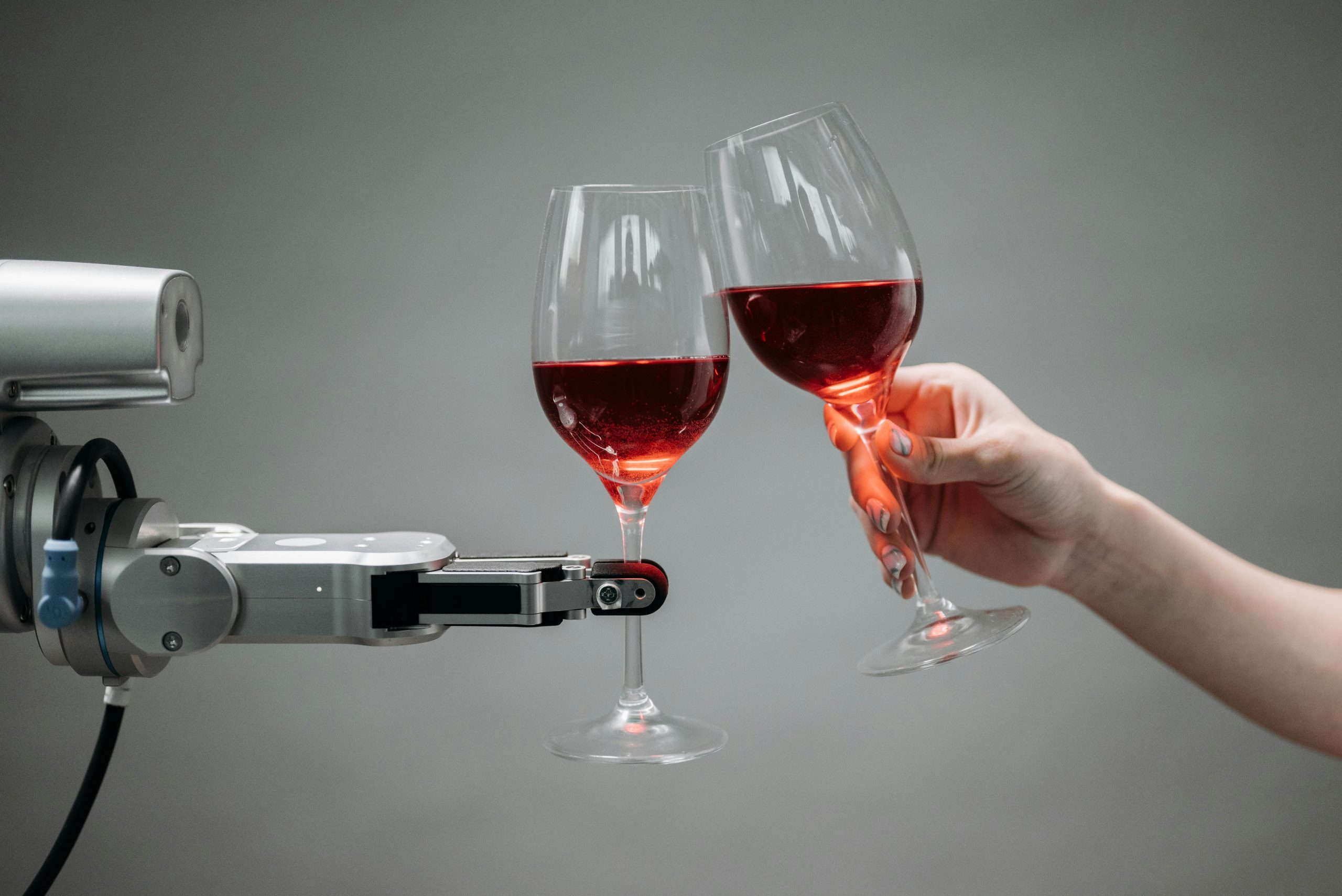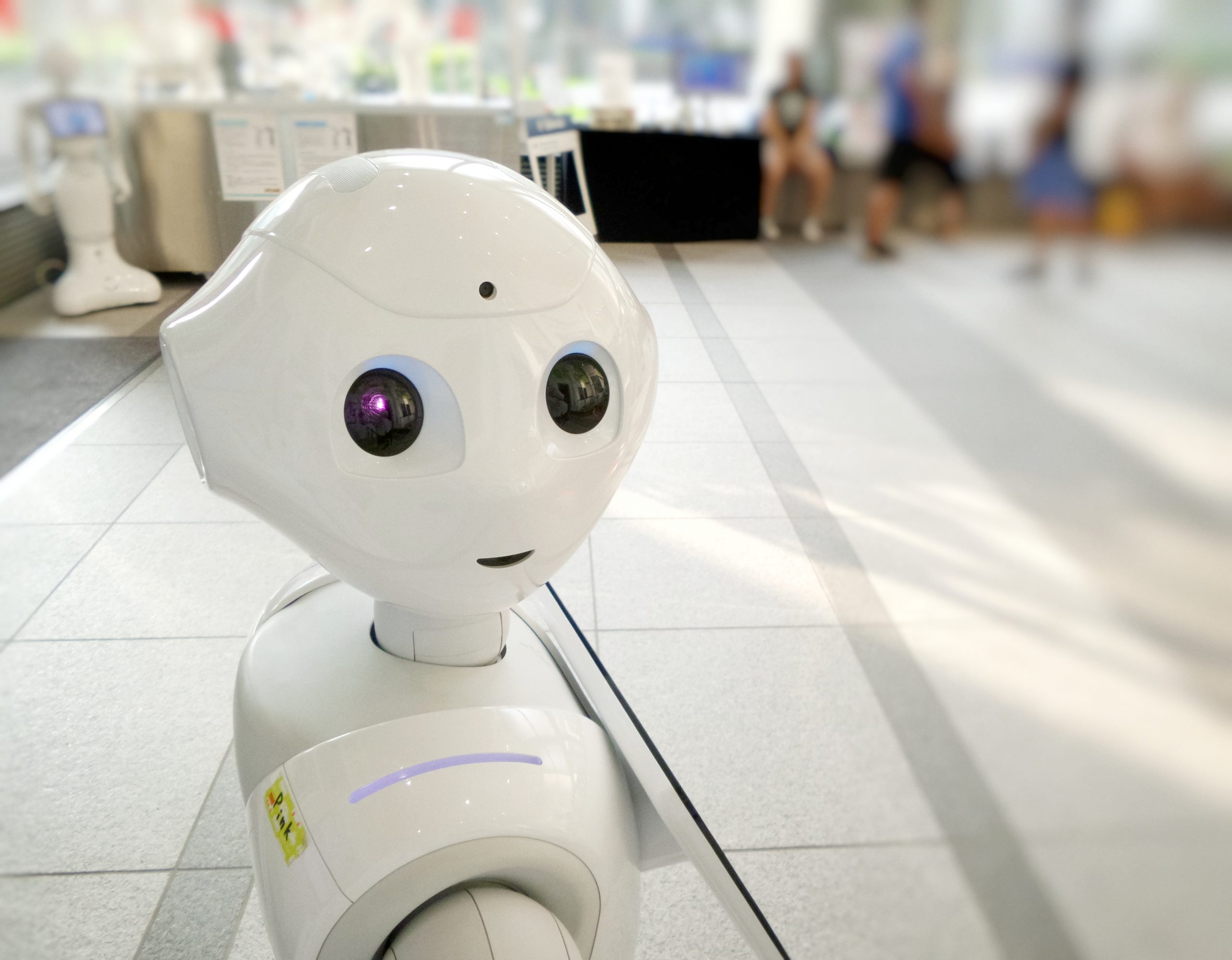Regenerative Tourism: Beyond Sustainability
In recent years, we have witnessed the rapid growth of tourism, positioning itself as one of the fastest-growing sectors, second only to technology, further boosted by the exponential advancement of artificial intelligence. As avid readers, we understand the economic impact of tourism and its crucial influence on sustainability. However, today I want to explore a type of tourism that is gaining increasing relevance: regenerative tourism. This approach goes beyond mere sustainability, aiming not only to mitigate environmental impact, but also to actively contribute to the restoration and improvement of the environment. Regenerative tourism is distinguished by activities designed not only to reduce the negative impact of conventional tourism, but also to enhance environmental resilience in the face of climate change. In response to current challenges in the tourism industry, this approach emerges as a necessary and responsible option. A prominent example of this model is The Good Concierge Project, featured on labuenahuella.org, highlighting Víctor Fernández Morales as Co-Founder and Project Director. Pula Golf Resort in Mallorca stands out as a leader in competitive regenerative hospitality. Since its establishment in 1996, the resort has been recognized for its commitment to Corporate Social Responsibility (CSR) and environmental policies. During the COVID-19 pandemic, it actively
Artificial Intelligence in the Kitchen: How It’s Changing the Future of Gastronomy
The future of gastronomy is being transformed by artificial intelligence (AI), a change that manifests in multiple ways. From haute cuisine to fast-food restaurants, AI is reshaping how we prepare and experience food. Innovation in Haute Cuisine: Renowned chefs, like Andoni Luis Aduriz of Mugaritz restaurant, are employing AI to create new flavor and texture combinations. Thanks to machine learning algorithms, it's possible to explore unprecedented combinations that enrich gastronomy with innovations and unparalleled culinary experiences. Efficiency in fast cooking: The automation of processes and customization of menu recommendations through self-service kiosks are just a few examples of how AI is enhancing efficiency in fast-food restaurants. Supply chain management and food traceability are also key areas where AI is making a difference, ensuring quality and reducing waste. Cutting-edge cooking techniques: AI has enabled the implementation of advanced techniques like sous vide and low-temperature vacuum cooking. These methods allow for cooking food at precise temperatures, guaranteeing consistent results and intense flavors. Additionally, AI-powered kitchen robots are assisting in complex tasks, facilitating chefs' experimentation with innovative flavors and textures. Personalization of the gastronomic experience: AI is enabling unprecedented customization in the culinary experience. From menus tailored to individual dietary preferences and needs to facial recognition of
Hotel Trends to Watch in 2024
As we move through 2024, it becomes increasingly clear that we are edging closer to a futuristic world where technology and sustainability redefine the traveler experience. With artificial intelligence, the implementation of robots and chatbots, augmented reality, and the unwavering consumer demand for sustainable practices and holistic wellness, the hotel industry will continue to grow, adapting to new guest expectations and approaches. Here's a sneak peek at the key hotel trends that will be in the spotlight. Personalized and contactless customer experience According to a report by Exploding Topics, 71% of travelers show a greater willingness to stay in hotels that offer self-service technology. Additionally, a 2020 study by Criton revealed that 80% of travelers prefer using an app for processes like check-in and check-out, room service requests, and communication with hotel staff. These data clearly indicate that guests value experiences that allow them to access personalized amenities and services efficiently and without physical contact. An initiative exemplifying this trend towards contactless experience is digital concierges. A notable case is Ivy, the digital concierge developed by GoMoment, present in hotels ranging from the Venetian Las Vegas to various Holiday Inns worldwide. Ivy has interacted with over 50 million guests, providing answers to questions, handling
The transformative power of Artificial Intelligence in tourism
In the digital age, Artificial Intelligence (AI) has left a significant mark on various sectors, and tourism is no exception. In particular, accommodation platforms like Airbnb have harnessed the power of AI to revolutionize the way people book and enjoy their travel experiences. But, do you know how this innovative tool is contributing to the development of tourism today? Personalized recommendations. One of the greatest benefits of AI in tourism is its ability to provide personalized recommendations, and that is that platforms such as Airbnb or Vico use AI algorithms to analyze data such as preferences, travel history, and user search patterns, capable of to offer accommodation options and tourist experiences adapted to the interests and needs of each traveler. Improvement in price management. By analyzing supply and demand in real time, AI systems adjust prices based on market availability and demand. This allows for greater flexibility and price competitiveness, ensuring that travelers get fair fares and providers maximize their revenue. Automated customer service. Through chatbots and virtual assistants, AI provides quick and accurate responses to traveler inquiries and requests, as these automated systems can provide booking information, fix common issues, and offer recommendations, thus enhancing the customer experience with efficient answers and available
Artificial intelligence in the tourism sector
It is evident how the evolution of technology and AI capabilities are modifying the operations of commerce sectors and industries worldwide. Processes are being optimized and companies can offer better products and services to their consumers. Indeed, AI is here to stay and what may now seem surprising, was discovered in something normal in our daily lives. Today I will talk specifically about how this technological innovation revolutionizes the tourism sector and the performance of hotels. Artificial intelligence has numerous applications in the tourism sector, impacting both the consumer experience and the operating model of companies. Let's see a little more: Customer acquisition. With AI it will be much easier to attract customers, where the search system becomes more and more personalized and companies develop marketing strategies that adapt to consumer requests and preferences. Thanks to this, the number of options is reduced, processes are streamlined and recommendations are precisely tailored to the interests of the client. Business plans. The companies base the preparation of their business plan on strategies that improve and stimulate the consumer experience, maximizing competitiveness and aiming at sustainable tourism with the use of new technologies. For example, with the use of artificial intelligence from Google it is possible to optimize campaigns
Top 5 Entrepreneurship Trends in 2023
The digital age has brought with it a universe of opportunities, technology and information have arrived to make it easier for us to create new projects and ideas. The reality is that the Covid-19 pandemic has marked a before and after in terms of business management, giving space to digital transformation and business innovations. Predictions tell us that 2023 will be an excellent year to undertake and invest in those ideas that constantly bounce around in our minds, so if you are one of the people who knows how to identify the opportunities that technology and interconnectivity offer us, this article is for you. Web 3.0 business. The technology hidden in web 3.0 is based on a blockchain system that allows new ideas and business models, democratizing the ability to create value companies and offering services such as financial solutions without the need to have other intermediary companies. For example, web 3.0 will enable transactions between users or companies worldwide without having to go through a waiting process and pay bank fees. App design. Application designers are experiencing a high demand within the market, causing large companies such as Google or Amazon to lose strength in the search for products on the Internet. IOT. Also






